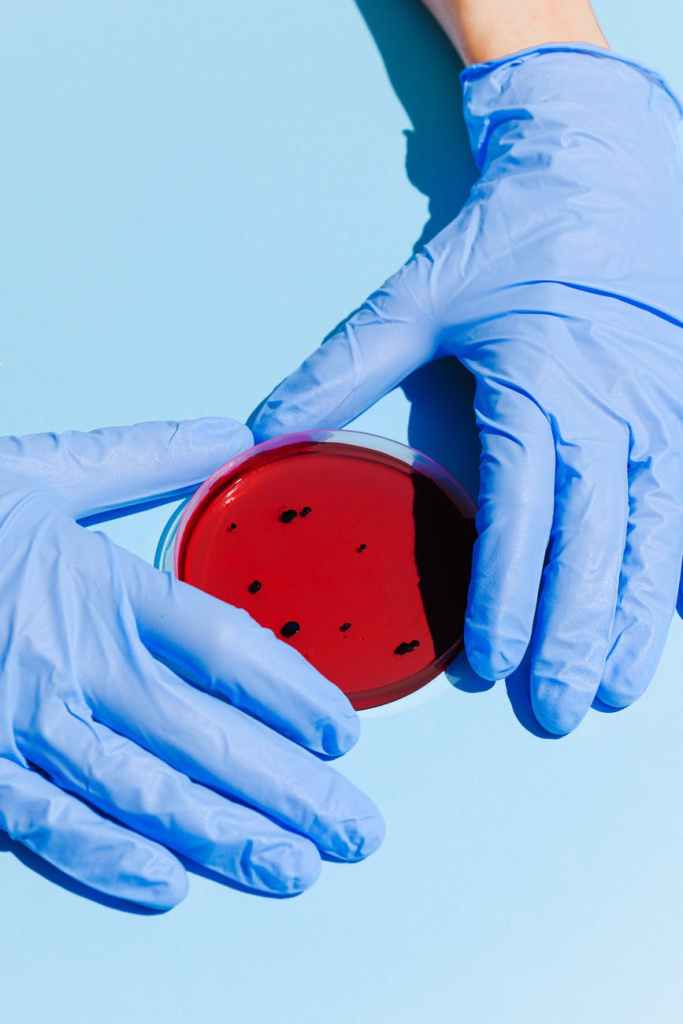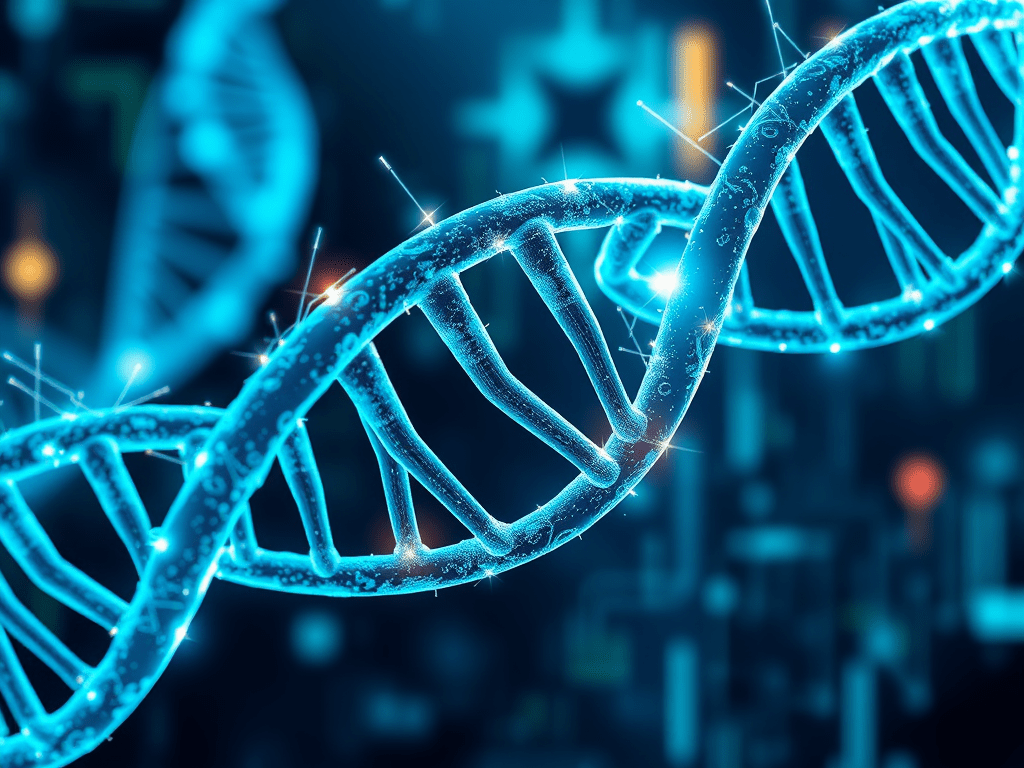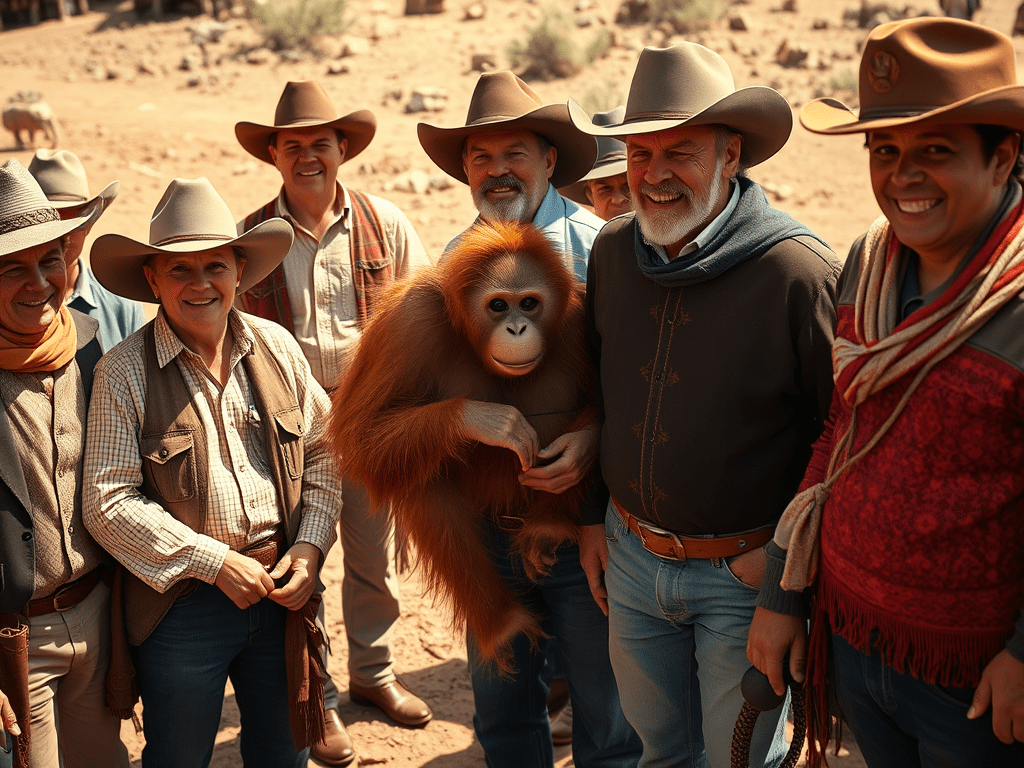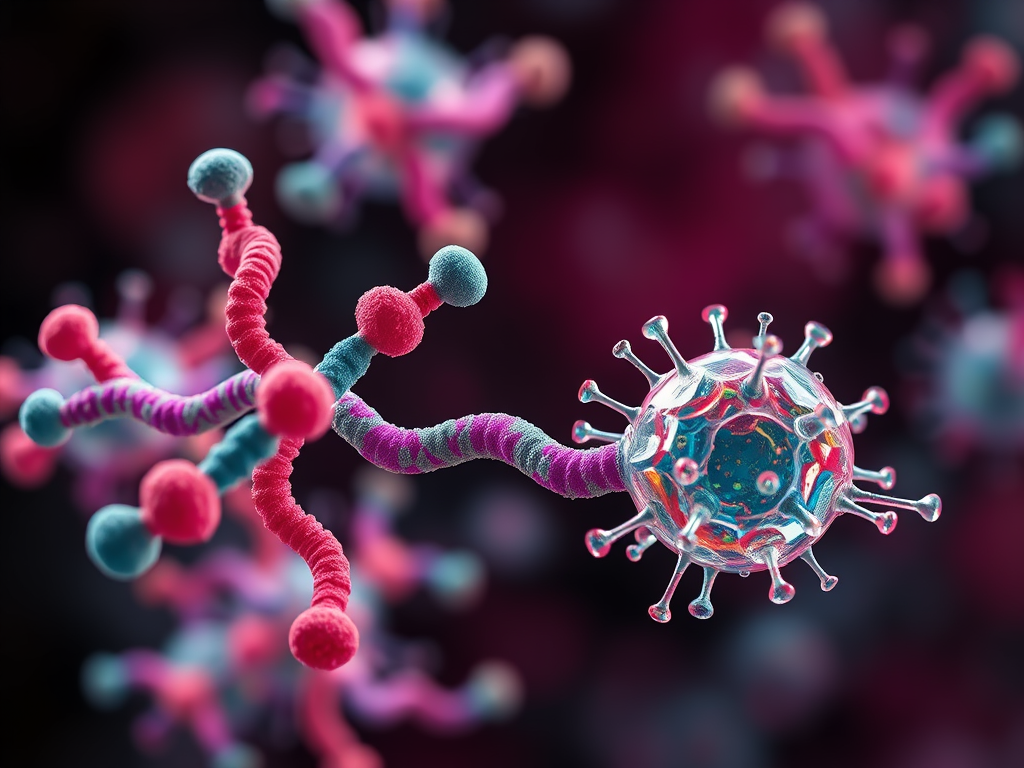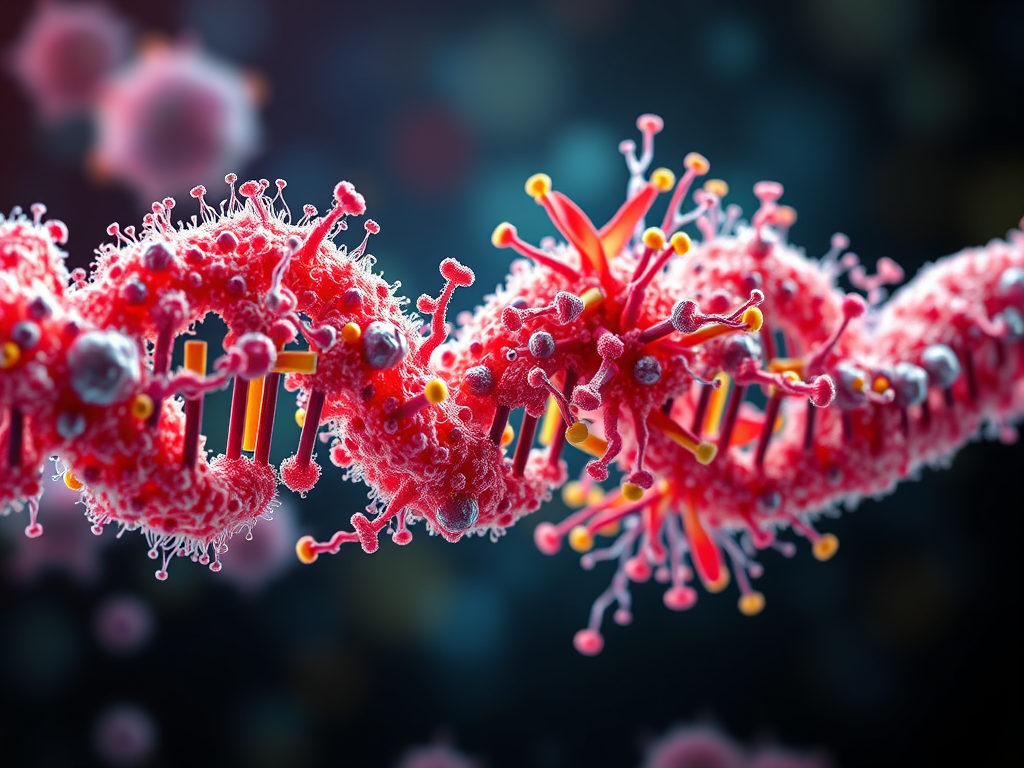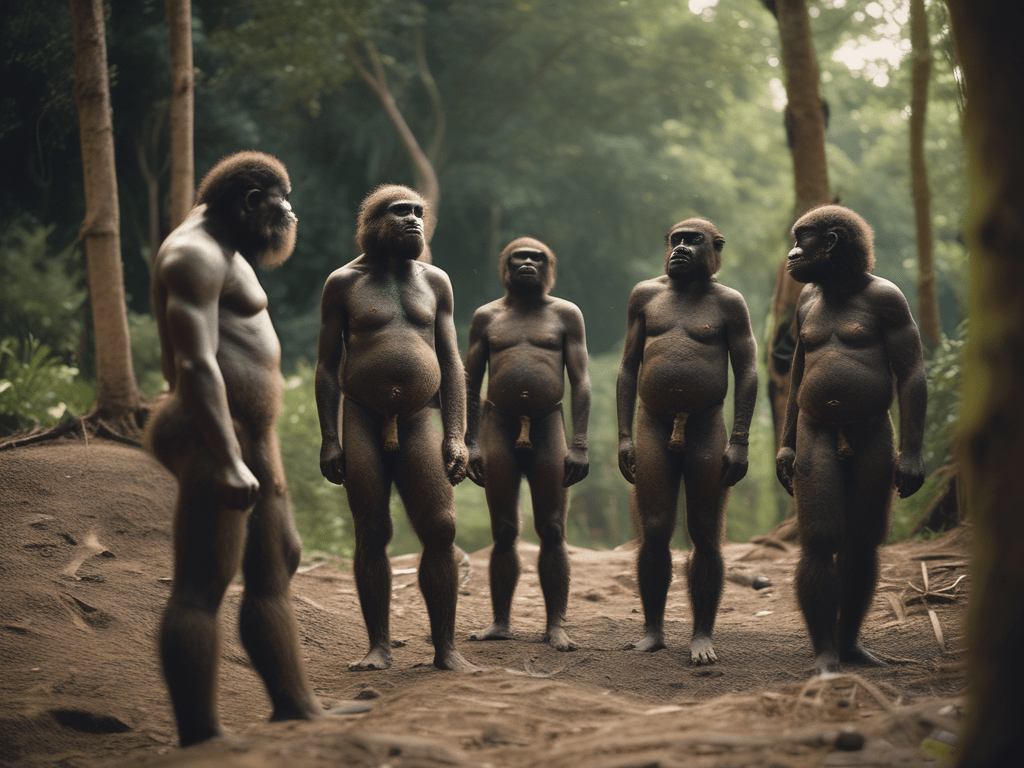


Readers of LSS, we present today a true clash of titans: us versus the popular daily newspaper The Guardian. For they have just published a leader article on antibiotics progress which takes an altogether different view to our own sunnily optimistic piece (LSS 18 12 25) about humanity’s general progress in solving the problem of antibiotic resistance. [1]
Avid readers will recall our effort well. Riffing on the work of the guardians very own Kat Lay (brilliant writer) we noted how the new antibiotics Zoliflodacin and Gepotidicin offered startling new horizons in the battle against gonorrhoea and other other unpleasant diseases of-well you know, down there, as they say. We hoped that, as antibiotics for these diseases had been developed, those for other diseases might soon follow. And thanks to Ms. Lay, we discovered the work of the Global Antibiotic Research and Development Partnership (GARDP) whose work we will now champion for ever more. All in all, everything was in a much better place than when we started this crusade, eleven long years ago, we concluded.
Not so fast, says The Guardian. Humanity may actually be losing the race to develop these new drugs. Since 2017 only 16 new antibiotics have achieved approval, and none of them are very different to the old ones. Which means resistance to them can be expected very soon. Point to them, we concede. They namecheck GARDP again, noting its work as a positive. But that the financial structures designed to encourage pharmaceutical companies to step up to the mark are still rather new. And-more points to the team from York Place- there is a rather incisive survey of where all these new antibiotics are to come from. Old LSS favourites like natural sources and AI modelling are acknowledged. But they are not all-curing magic wands. And what to do with any new antibiotics anyway? Ration them carefully, so that resistance develops more slowly? How do you do that in a world of billions, where people and information flow so freely, and the profits of piracy are so temptingly in reach? Gentle readers, your editors did not think of those ones fully either.
OK, we throw in the towel. Guardian 3 LSS 0 (FT). When it comes to superior knowledge, close reasoning and intellectual power, they have got us beat. But we take consolation gentle readers, When the genetic dice roll, they roll evenly. They got all the brains. We got all the charm and good looks. As the last picture above demonstrates very clearly. And yes- we promise another cocktail recipe before New Year.
#antibiotic resistance #antibiotics #health #medicine #microbiology #epidemiology #GARDP



